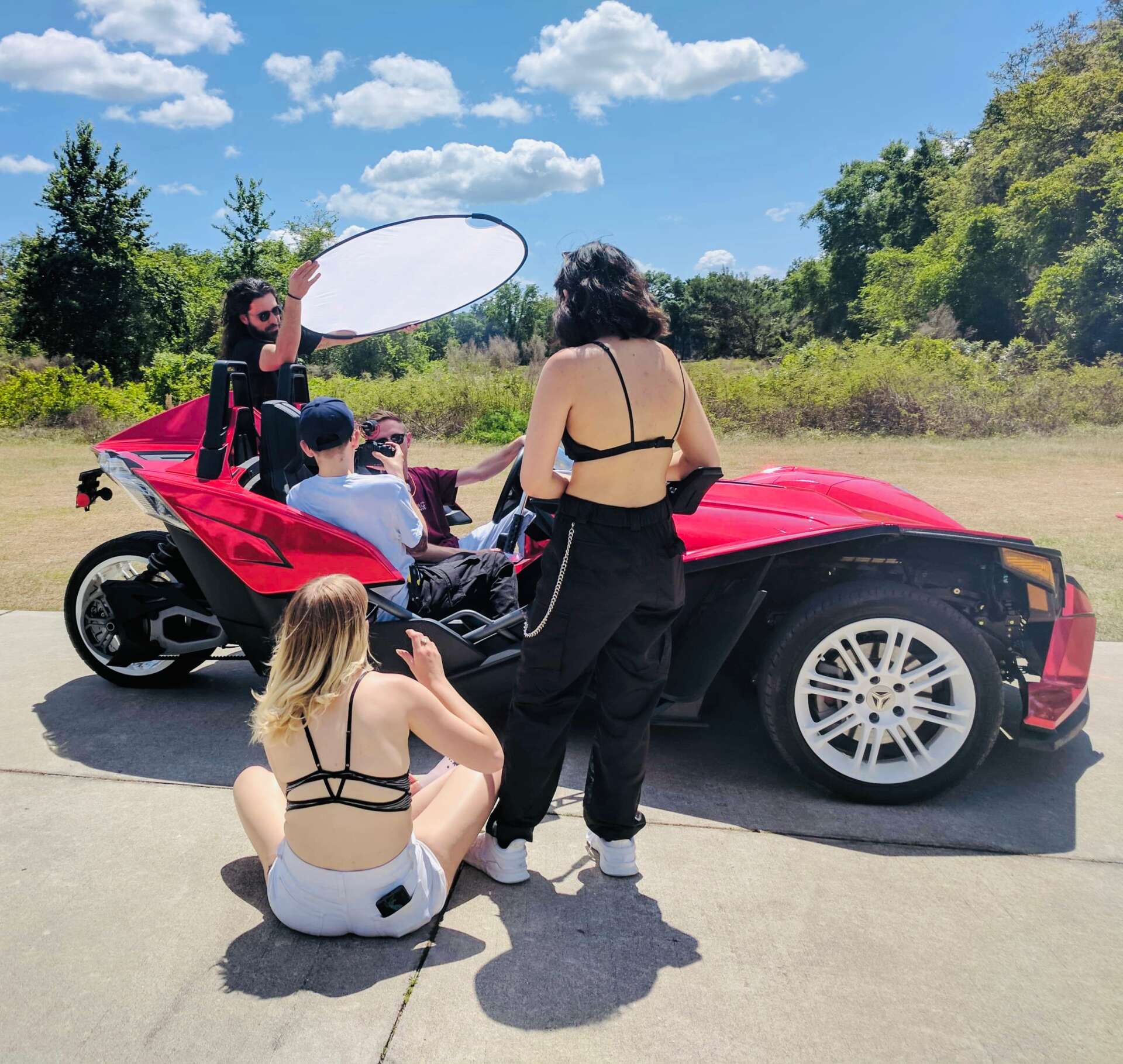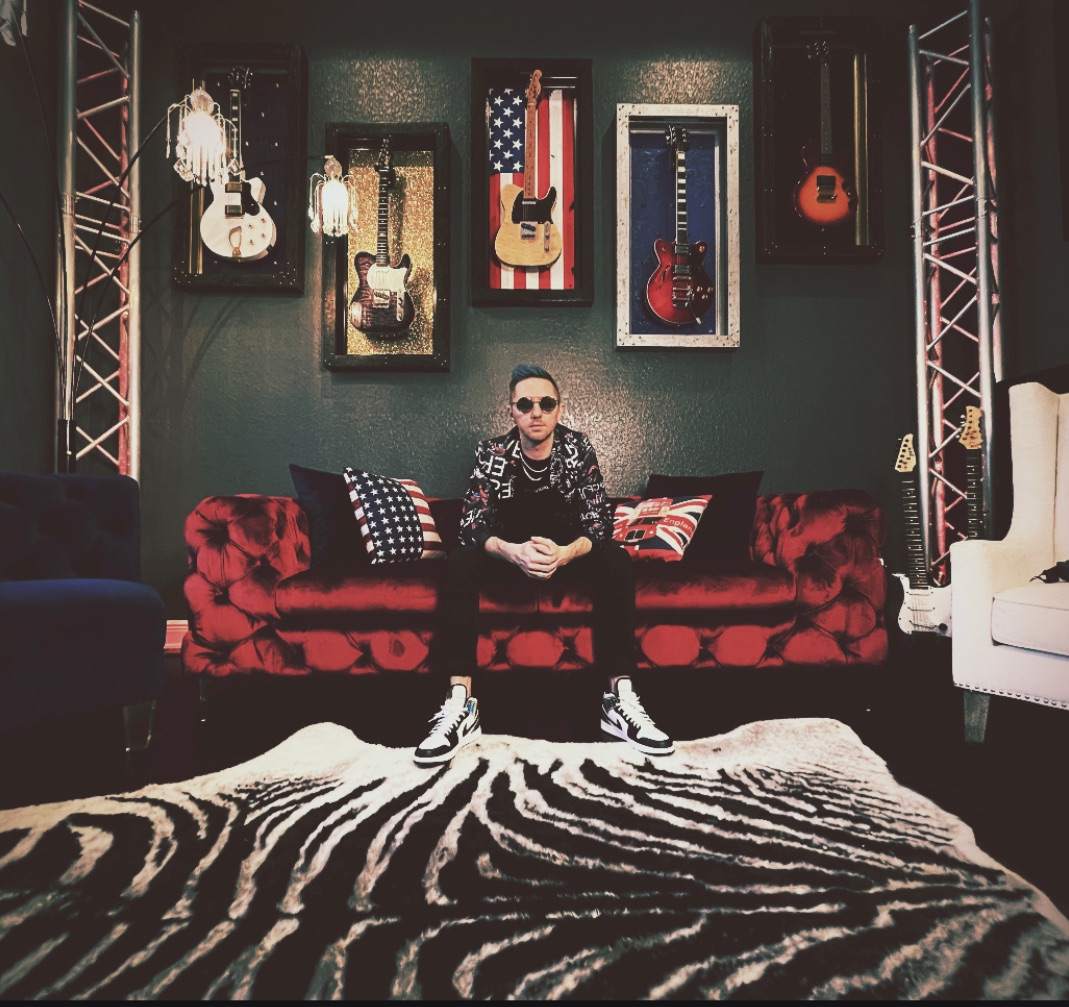Alright – so today we’ve got the honor of introducing you to Cody Sheski. We think you’ll enjoy our conversation, we’ve shared it below.
Cody, thanks for taking the time to share your stories with us today Do you wish you had started sooner?
Looking back at my childhood, there are times that I wish I would have used my time more wisely in terms of practicing and perfecting my craft. Especially since this was a time with very few responsibilities and obligations. I spent a descent amount of my free time teaching myself guitar, but growing up in a small town, I was unaware of what a music producer even was. I thought that every top 40 artist on the planet made their own music, visuals and did all the marketing themselves. It wasn’t until I was about 19 when I discovered the world of djing and music production. By then I was pre-occupied with working a full time job and going to college. The constant time constraints made it difficult for me to fully study production at the level I wanted to, while still having time to network, play gigs and have somewhat of a social life. Getting an early start while you’re still under your family’s roof can give you a significant head start towards your goals. I would recommend starting early when it comes to anyone with a creative passion.



Great, appreciate you sharing that with us. Before we ask you to share more of your insights, can you take a moment to introduce yourself and how you got to where you are today to our readers
My name is Cody Sheski, better known by my artist name, Code RED. Code RED was originally established in 2019 as an outlet for my djing. Throughout the past decade, Code RED, has expanded into a full media production service. Outside of my individual artistry, I provide content for artists which include original music productions, live djing, video production and graphic images thru the Code RED branding. I collaborate with artists and help them craft the sound that resonates most genuinely from within themselves. Sometimes that means taking a break from music altogether and internally exploring the range of emotions the artist has been dealing with in their recent life experiences. Taking those steps are what help ensure an everlasting product and sets you apart from the rest of the crowd. Music is an emotion and my goal is to keep those emotions and feelings within the creative themselves and their work. Staying true to that vision is my number one rule for being a creative.
Alright – so here’s a fun one. What do you think about NFTs?
NFTs are already changing the future of the music industry. Within it’s framework you’re able to create a timeless space where your fans, family and fellow collaborators can all connect with each other. Not only are they able to connect, the options for how you want them to do that and the incentives behind it are ultimately endless. You can attach unreleased music, limited or one of a kind of merch items, special ticket pricing, exclusive meet and greats, etc to your NFT. Snoop Dogg is already giving us a glimpse of the potential opportunities with his NFT project with Death Row Records. As well as Tory Lanez selling over a million copies of his last album as NFT in less than 3 minutes. This is single handedly putting the power back into the artists hands. I also foresee this building not only a longer lasting fan base, but a more inclusive and dedicated one as well.




Learning and unlearning are both critical parts of growth – can you share a story of a time when you had to unlearn a lesson?
To never trust a flashy object. There’s going to be an endless amount of opportunities and people coming into your circle as you progress in this industry. If there’s one thing I learned, is that actions will always speak louder than words. I would set up my trajectory based off of hearsay and unfulfilled promises early in the game. Only to be burnt on the back end and possibly ruin a genuine connection. There will always be higher ups in the industry that might have the perfect network and opportunities for you, but your best interests are not always on their mind. I’ve had guys I’ve worked alongside of for years that I thought were my peers and friends. When it came time for shows a placement deals, they tried to take advantage of the situation. Writing in unfair percentages, manipulating contracts, hiding money, not being completely transparent, etc. I had to learn that not every person in your circle has your best interest in mind and that sometimes the least likely person is the most trustworthy and reliable. Allow peoples actions to tell whether or not that person is a fit for you.
Contact Info:


